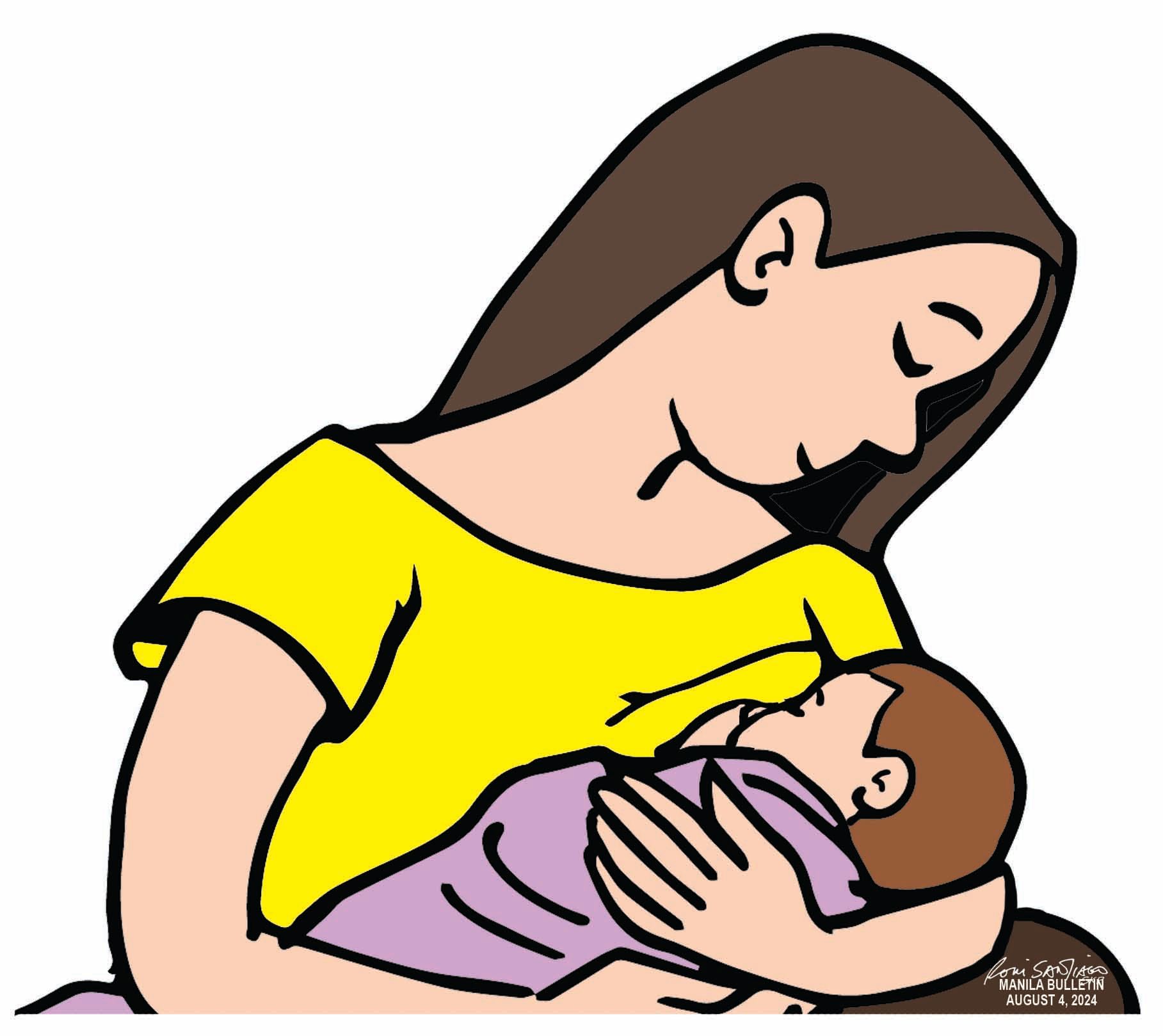
The first week of August sends a reminder on the importance of breastfeeding with the observance of World Breastfeeding Week led by the World Health Organization (WHO), UNICEF, and national health agencies.
“Closing the gap: Breastfeeding support for all” is the theme of the 2024 commemoration, a call on governments and private sectors to review policies and working arrangements that support breastfeeding mothers. The Expanded Breastfeeding Promotion Act of 2009 or Republic Act 10028 mandates all establishments, public or private, to support breastfeeding in the workplace.
In a statement, the UN agencies for children and labor rights, UNICEF and the International Labor Organization (ILO), called on employers in the Philippines to do more to support breastfeeding women.
“The benefits of breastfeeding for children, mothers, and society are widespread. Breastfeeding protects infants against life-threatening infections, supports healthy brain development in children, and prevents chronic childhood and maternal illness, reducing health care costs,” said UNICEF Philippines Deputy Representative Behzad Noubary.
The UN statement encourages employers to fulfill workplace provisions of the Act. Among these provisions are: “A workplace lactation policy with relevant provisions that is part of the general policy/manual of operations and widely disseminated among employees.” And, “a dedicated lactation/breastfeeding station in the workplace not located within a toilet, where breastfeeding mothers can wash up, breastfeed or express their milk in comfort and store their breast milk afterwards.”
The Expanded Breastfeeding Promotion Act also provides incentives to all government and private health institutions with rooming-in and breastfeeding practices. “The State adopts rooming-in as a national policy to encourage, protect and support the practice of breastfeeding.”
The law cited the benefits of breast milk as the “best food since it contains essential nutrients completely suitable for the infant’s needs.”
Today, in many workplaces and in public areas like shopping malls, there are breastfeeding stations that show how the practice is supported by the community. This is the result of the continued awareness campaigns that health organizations and advocacy groups have conducted, one of them “World Breastfeeding Week.”
The many benefits of breast milk have been enumerated many times in various media. Repeating the message still serves a purpose especially to drive home the point of breast milk’s nutrition value. “Breast milk provides all the energy and nutrients that the infant needs for the first months of life, and it continues to provide up to half or more of a child’s nutritional needs during the second half of the first year, and up to one third during the second year of life,” the UN stated.
The UN message of its importance especially cites: “Breastfed children perform better on intelligence tests, are less likely to be overweight or obese and less prone to diabetes later in life.
Women who breastfeed also have a reduced risk of breast and ovarian cancers.”
And so the campaign continues. Be part of the movement to spread awareness on the importance of breastfeeding.